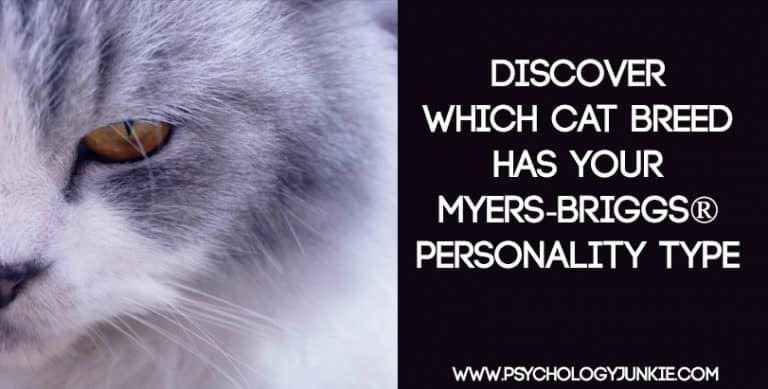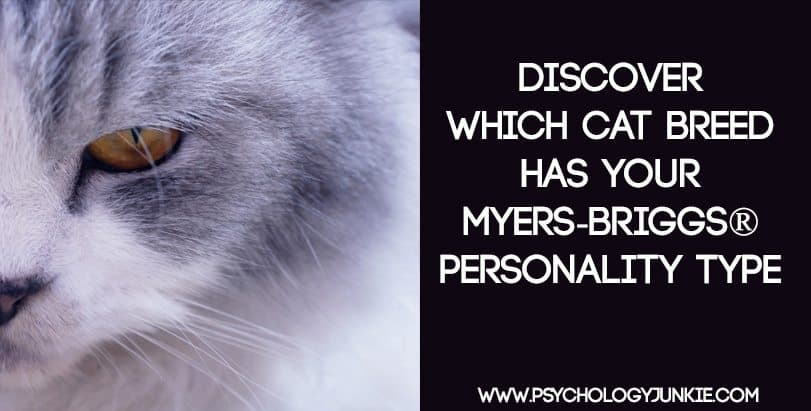INFJ or INTJ Test
Over the last few years, I’ve gotten countless emails from people who are unsure of whether they identify with INFJ or INTJ. While to some the differences are quite apparent, others feel that the Thinking/Feeling distinction is murky and not as clearly defined. Many INFJs and INTJs relate to some aspects of both feeling and thinking. That’s because the auxiliary and tertiary functions of both INTJs and INFJs are either Thinking/Feeling or Feeling/Thinking respectively. It’s not as if INTJs are thinking dominant and INFJs are feeling dominant. Both are intuitive dominant types – so both have quite a lot in common. We can understand this by looking at the cognitive function stacks of each type below:
INFJ Cognitive Function Stack:
Dominant Function: Introverted Intuition (Ni)
Auxiliary Function: Extraverted Feeling (Fe)
Tertiary Function: Introverted Thinking (Ti)
Inferior Function: Extraverted Sensation (Se)

INTJ Cognitive Function Stack:
Dominant Function: Introverted Intuition (Ni)
Auxiliary Function: Extraverted Thinking (Te)
Tertiary Function: Introverted Feeling (Fi)
Inferior Function: Extraverted Sensation (Se)
As a way of helping people clarify their type, I’ve created this questionnaire. At the end of the questionnaire, you’ll get a result that will show what percentage of your answers were INFJ and the percentage that were INTJ. This will help you to feel more certain about which type suits you best. Be sure to scroll past the test after you take it so that you can read more about the differences between these two types!
Take the INFJ or INTJ Test Now!
What are some of the major differences between INFJs and INTJs?
INFJs have Extraverted Feeling as their auxiliary function while INTJs have Extraverted Thinking as their auxiliary function.
INFJs support their intuition with a desire to create harmony and shared values with others. They are deeply empathetic to the emotional wavelengths around them and work continuously to create emotional equilibrium. At the same time, they may rile up other people emotionally if it is in support of one of their deeply-held values (for example, rallying people towards a cause). INFJs think about the emotional impacts that all of their decisions will have on others. That’s the first thing they consider. Afterward, they may analyze the logic of the decision, but the ultimate priority is placed on interpersonal needs.
INTJs support their intuition with a desire to create efficiency and logical structure in their environment. They are highly strategic and enjoy breaking down long-range goals into manageable steps. They like to be productive and want to make sure their decisions are based on empirical evidence. INTJs think about the logical components of a decision before they consider the emotional impact it will have on themselves or others. The matter of right and wrong comes after the matter of true or false. After looking at the logical components they may look at the emotional components involved in a decision. However, the logical focus is given the highest priority.
INFJs have Introverted Thinking as the tertiary function while INTJs have Introverted Feeling as their tertiary function.
When INFJs are relaxed and creative, they enjoy tuning in to their Introverted Thinking side. They enjoy broadening their vocabulary, categorizing data, or internally sorting through the logic of their decisions. They may enjoy playing strategy games, gathering lots of data and reading through it, and/or diagramming it independently. Their thinking side is often internalized. While they may use very nuanced language to describe things, their analysis is typically very internalized. They can express their emotional views out loud with a certain amount of ease because they value Extraverted Feeling. However, the logic of their views is often harder for them to express verbally because their tertiary function is Introverted Thinking. When they try to discuss a plan, a strategy, or a specific logical view, they often trip up over their words, much to their own annoyance and frustration. If Introverted Thinking was dominant or auxiliary for the INFJ they’d have a much easier time explaining their views logically. However, since it’s tertiary, it can be a source of insecurity and low confidence.
When INTJs are relaxed and creative, they enjoy tuning in to their Introverted Feeling side. They enjoy deciphering their values and finding emotional solidarity with songs, poetry, or even specific movies. While INTJs can seem very distant, impersonal, and even cold at times, the truth is that they have a very sensitive side. This part of them is just rarely expressed because it is Introverted in nature, and it is in the tertiary position. It’s not an area where INTJ’s have a lot of confidence naturally. INTJs are more likely to keep their emotions tucked up inside rather than express them out loud – especially to people they don’t know very well. They may have a more difficult time picking up on the emotional nuances of the people around them and “reading” other people than someone who has Introverted Feeling in the dominant or auxiliary position (like an INFP or an ENFP).
These are the main two differences between INFJs and INTJs. There is more we could go into, but it would get quite dense and if you’re new to type, it would probably just be confusing. Here are two articles that can help you to further explore these two unique personality types:
What it Means to be an INFJ Personality Type
What it Means to be an INTJ Personality Type
What Are Your Thoughts?
Did you enjoy the questionnaire and this article? Do you have any insights or suggestions? Let us know in the comments!
Find out more about your personality type in our eBooks, The INTJ – Understanding the Strategist, Discovering You: Unlocking the Power of Personality Type, The INFJ – Understanding the Mystic, and The INFP – Understanding the Dreamer. You can also connect with me via Facebook, Instagram, or Twitter!
Subscribe to Our Newsletter

Want to discover more about personality type? Get the inside scoop with Susan Storm on all things typological, along with special subscriber freebies, and discounts on new eBooks and courses! Join our newsletter today!














I tried different tests and my results came out 50/50 on F and T.
I,N,J all over 85.
I possess characteristics of both INFJ and INTJ. I consider myself an idealist and highly independent. I tend to follow my head. Efficiency is very important to me. I don’t follow popular opinion.
I am conflict adverse and Highly sensitive to criticism. I tend to overwhelmed easily with a large group of people. I can definitely relate to the door slam when I cut toxic people off.
Thank you for your test, but I am even more confused than before. I may be over thinking this but I do that alot, I still don’t know who I am 58% INFJ and 52% INTJ. I wished that all your tests had a both answer. Every test that I take I get both depending on the day and how I I think like INTJ but feel like INFJ. Example when I was a child I built a min working jet engine from my mind without actually seeing one in person INTJ. My reasoning for this however was to one day fly humanity to the moon because I felt people and the world was too amazing to die if an asteroid hit it. INFJ.